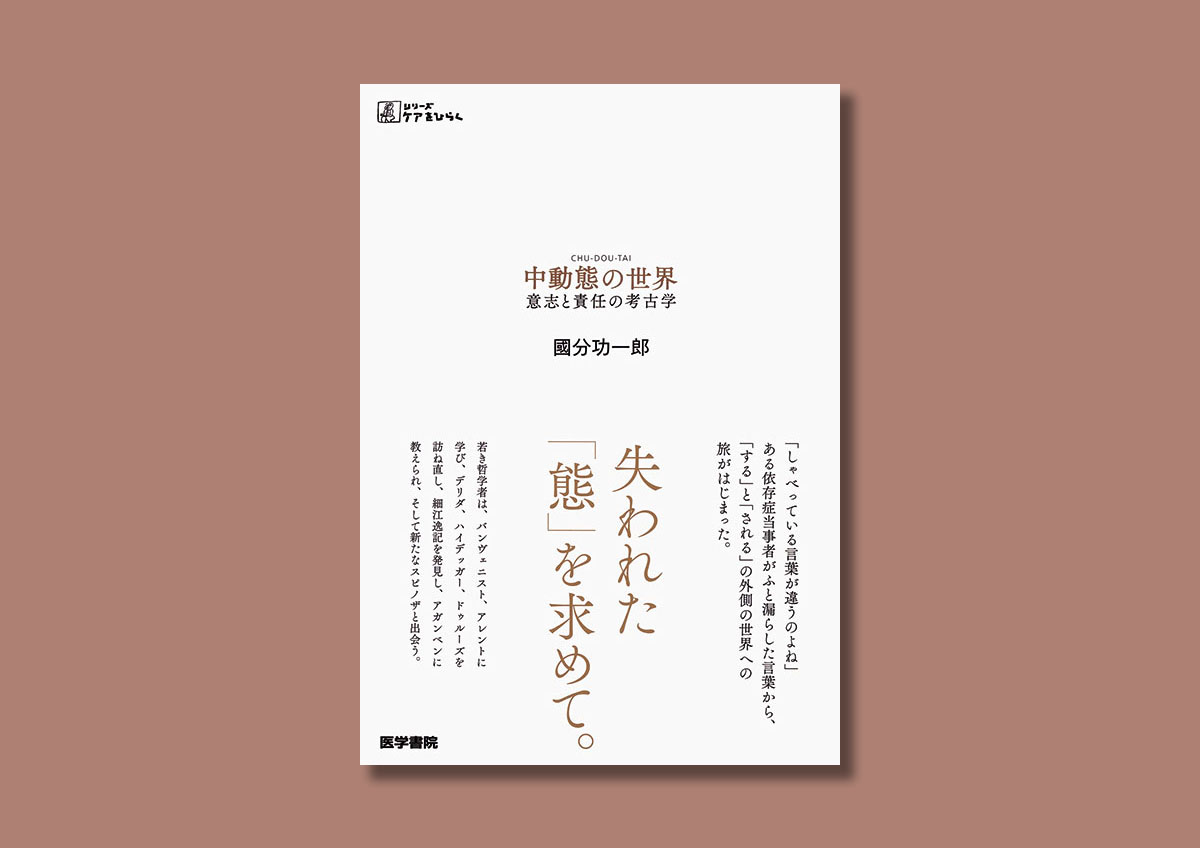X-Centric Futures – With Koichiro Kokubun

On 27 March, at 11 am (8 pm in Tokyo), Koichiro Kokubun (University of Tokyo) will give an online seminar on “The World of the Middle Voice: Archaeology of Will and Responsibility”. This event will take place within the scope of the activities of the research seminar X-Centric Futures, coordinated by Giovanbattista Tusa.
Abstract
What is an action? What do I mean when I say “I do something”? These are not questions that “philosophical” reasoning asks solely to satisfy its own curiosity; we come across them in our daily life. Imagine an utterly banal case: you are obliged to locate the source of a failure in the office; if you should say, “Well, regardless, you’re the one who did it,” you have made a judgment on these “philosophical” questions without intending to do so. In The World of the Middle Voice, published in Japan in 2017, Koichiro Kokubun endeavored to respond to these questions by means of an investigation into an ancient grammatical category of Indo-European languages: the middle voice. Proper names he referenced are Émile Benveniste, Aristotle, Dionysius Thrax, Jacques Derrida, Hannah Arendt, Spinoza, and Herman Melville, among others.
Bio
Koichiro Kokubun is professor of philosophy at The University of Tokyo, Graduate School of Arts and Sciences, Japan. He received his PhD from The University of Tokyo. He specializes in 17th-century philosophy and 20th-century French philosophy. In 2020, he published his first book in English, Principles of Deleuzian Philosophy (Edinburgh University Press). He is the author of a dozen books on philosophy and politics in Japanese: Spinoza’s Method (2011); Ethics of Leisure and Boredom (2011); A Democracy to Come (2013); Principles of Deleuzian Philosophy (2013); Lectures on Modern Political Philosophy (2015); Towards an Intuition of Democracy (2016), The World of the Middle Voice: Archaeology of Will and Responsibility (2017), Spinoza: A Portrait of a Philosopher as a Reader (2023) and several others. He is a regular participant in international Deleuze/Guattari Conferences. He was the director of the 7th Deleuze/Guattari Studies in Asia Conference, Tokyo 2019.
To join the session on Zoom, click here.
Event supported by the Foundation for Science and Technology (Fundação para a Ciência e para a Tecnologia) of the Portuguese Ministry of Education and Science under the project UIDB/00183/2020.
We believe that there is a philosophical vacuum on the subject of futurity other than that imagined as a data visualisation leading to decision-making by corporate, administrative or political bodies. To some extent, it is as if philosophy has abdicated its function and delegated to corporate global think tanks the responsibility for formulating viable paths for the transformation of our present. To explore X-centric, divergent futures means for us to experiment with time, space, and politics. It means to complicate our time with invisible, insurgent, multiple temporalities that fissure the material layers of our history, to reframe global historical narratives that incorporate decolonising processes and climate justice, nurturing ourselves as a community, creating wishful images inhabited by unseen, dissident realities that are coming into being.
Research and dissemination activities have included The X-Centric Futures Monthly Debates Program, a series of public seminars organized by Giovanbattista Tusa and Bartholomew Ryan which took place in 2022 at the Cultural Centre Carpintarias de São Lázaro, featuring the art collective Claire Fontaine on Magical Materialism; the musical performance Green Mass: The Ecological Theology of St. Hildegard of Bingen by Michael Marder, Peter Schuback, and Márcia Sá Cavalcante Schuback; the presentation of Uriel Orlow’s Imbizo Ka Mafavuke; and the screening and discussion of Bahar Noorizadeh’s After Scarcity and The Red City of the Planet Capitalism.
In 2023 the ADVANCED PROGRAMME IN X-CENTRIC FUTURE STUDIES will combine the research seminar with workshops (in presential and remote format)and a student-led reading group in Lisbon to promote the growth of research and artistic projects on emerging social movements, future political constellations, and x-centric communities.

